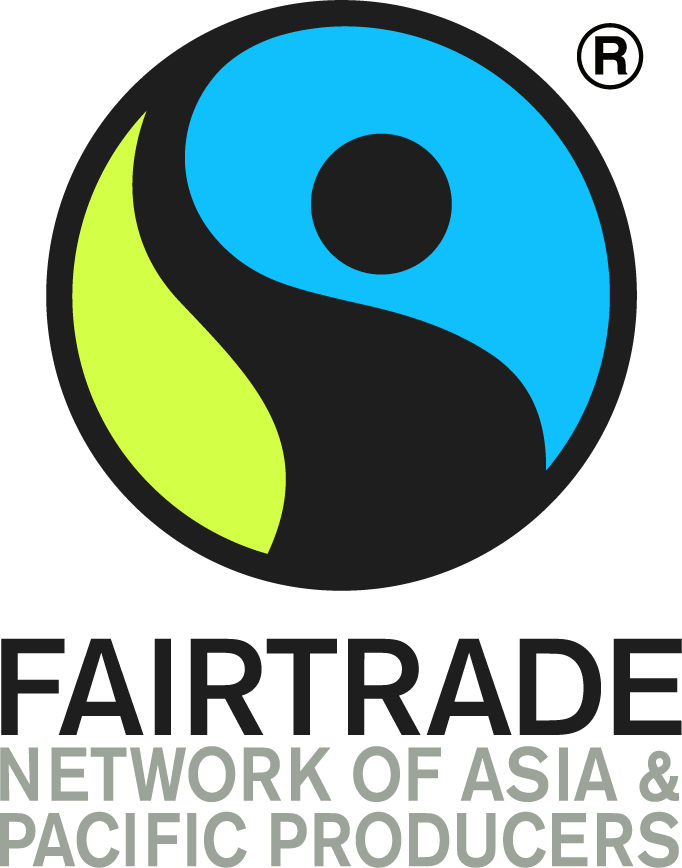Mapping the Future: Geolocation Project Advances EUDR Compliance in Papua New Guinea
Co-funded by Fairtrade Germany


In a strategic move to enhance traceability, regulatory compliance, and market competitiveness, Fairtrade NAPP has recently conducted a follow up for a Geolocation Data Collection in Papua New Guinea (PNG). Co-funded by Fairtrade Germany, the project is a part of a broader mission to prepare smallholder cocoa and coffee farmers for evolving global trade expectations, especially under the European Union Deforestation Regulation (EUDR).
Why Geolocation Matters
At the heart of this initiative is the collection of accurate GPS coordinates of smallholder farms to ensure transparent and traceable supply chains. With increasing demand from EU buyers for deforestation-free and ethically sourced commodities, having geolocation data not only supports EUDR compliance but also boosts the global market appeal of Fairtrade producers.
Through the project, farmers are trained to:
- Conduct geospatial analysis using GIS tools to establish geofencing strategies,
- Ensure regulatory alignment with EUDR through accurate spatial data reporting, and
- Visualize data through customized dashboards for real-time insights and monitoring.
Building Capacity on the Ground
A total of 25 farmers from two Fairtrade-certified Small Producer Organizations in Laos (SPOs) — Club 3000 Farmers Cooperative Society Ltd and Highland Organic Agriculture Cooperative (HOAC), participated in intensive, hands-on training on GPS data collection methods supported by Giegere Greg Hedziga, Fairtrade NAPP Program Consultant in Papua New Guina.
These trained farmer-enumerators are now tasked with mapping individual farm plots — a process expected to span three months. During this phase, ongoing monitoring and validation will ensure the accuracy and consistency of data collected.
Monthly progress checks and technical support will further strengthen the reliability of the data and ensure it meets international verification standards.
Strengthening Market Access
Beyond compliance, the project is an investment in the future resilience and visibility of these cooperatives. By demonstrating transparent sourcing practices and responsible land use, the SPOs are now better positioned to attract new buyers and sustain access to premium export markets, particularly in the EU. The initiative directly supports Fairtrade NAPP’s mission to empower producers through enhanced services, market support, and climate-resilient strategies.
Farmer Voices: Motivated and Future-Ready
The initiative has already begun to inspire and energize local farmers.
"I am so pleased to see that the geolocation project is being carried out in our plots. This gives me the confidence to meet market demands and stay competitive in the cocoa sector here in PNG."
— Sed Arey, Member, Club 3000 Farmers Cooperative Society Ltd
"From certification to exports and now to meeting EU regulations—I've been a part of Club 3000’s journey from the beginning. This project truly motivates me to work harder and ensure our organization remains a reliable and competitive international supplier."
— Roger Kapum, Member, Club 3000 Farmers Cooperative Society Ltd
Their enthusiasm reflects the growing momentum among Fairtrade producers in Papua New Guinea to embrace innovation and lead the way in ethical, traceable farming.
What’s Next?
Once the geolocation mapping is completed and data is verified, a comprehensive compliance report will be published on FairInsight, Fairtrade’s internal monitoring and reporting platform. This report will not only fulfill EU regulatory requirements but also serve as a powerful commitment of Fairtrade producers in Papua New Guinea to sustainable, transparent, and ethical farming.
Through this initiative, Fairtrade NAPP and its partners are paving the way for smarter, more sustainable trade — giving farmers the tools they need to thrive in a more regulated, data-driven world.
